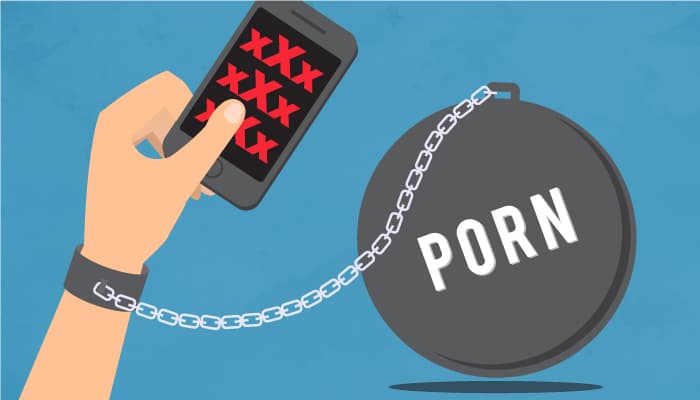Why Quit? The Path to Freedom and Healing
Introduction: Embracing Change through Faith and Action
Quitting addictive behaviors isn't just about stopping a harmful action; it's a profound journey towards spiritual renewal and personal transformation. This path combines the wisdom of CBD theory with the foundational strength of prayer and spiritual practice, guiding you towards a life of freedom and fulfillment in God.
The Root Issue: Understanding and Confronting the Deep-Seated Causes
Addictive behaviors often stem from deeper emotional and spiritual voids. Identifying these root causes is crucial for true healing. The Bible illuminates the nature of addiction as a manifestation of sin that distances us from God, leading to destructive behaviors driven by feelings of shame, guilt, and hopelessness. Through steps of scanning and focused reflection, we begin to uncover these underlying issues, paving the way for God's transformative work in our lives.
Incorporating Course Structure: A Structured Approach to Healing
The journey to quitting addictive behaviors is structured yet personalized, starting with Step 1: Prayer and Thanksgiving. This initial step acknowledges our reliance on God for strength, surrendering our fears and challenges to Him. As we progress through Step 2: Scan our thoughts, focusing on reflection, and Step 3: Writing down our insights, we engage in a dialogue with God, seeking His guidance and wisdom.
Action Steps: Practical Applications for Lasting Change
The final steps of revisiting our reflections and taking decisive action against negative thoughts encapsulate the essence of our course. These steps are not just theoretical but are practical applications of faith in action. Step 4: Journaling, Step 5: Review, and Step 6: Action are inspired by scriptural teachings, encouraging us to confess our wrongs openly before God, allowing His grace to transform our shame into love and empowerment for healing.
The Power of Faith and Scripture in Overcoming Addiction
Faith and scripture are our most potent tools in this journey. Engaging deeply with God's word allows us to understand His promises for freedom and victory over sin. The Bible teaches us about the nature of temptation, idolatry, and the renewing power of forgiveness and redemption. Through prayer, meditation, and the study of scripture, we fortify our resolve and nurture a closer relationship with God, enabling us to overcome the challenges of addiction with divine strength.
Conclusion: Stepping Forward in Faith and Freedom
The "Why Quit?" journey is a testament to the power of faith, prayer, and actionable steps grounded in Christian principles. It's a call to embrace a life of freedom, dictated not by the chains of addiction but by the liberating truth of God's word. As we embark on this path, we're not alone. God's guidance, the wisdom of scripture, and the structured approach of our course stand as beacons of hope, guiding us towards a future defined by healing, purpose, and a deeper connection with the divine.
Guide to Course Steps
| Step | Description | Further Exploration in Course |
|---|---|---|
| 1: Prayer and Thanksgiving | Acknowledge God's power to transform. | Detailed guidance on integrating prayer into daily life, with specific prayers and thanksgiving practices for overcoming addiction. |
| 2: Scan | Become aware of thoughts contributing to addictive behaviors. | Techniques for thought awareness, including exercises to identify and articulate thoughts in faith context. |
| 3: Focused Reflection | Identify specific toxic thoughts and beliefs. | Strategies for deep self-analysis and seeking God's guidance, including methods to discern and prioritize changes. |
| 4: Journal | Document reflections to externalize internal battles. | Journal prompts and tips for deep thinking and healing, helping organize thoughts better. |
| 5: Review | Discern patterns and insights from journal entries. | Guidance on reviewing Journal entries with the Holy Spirit, tips for recognizing patterns, and actionable insights. |
| 6: Action | Develop strategies to counteract negative thoughts and behaviors. | Step-by-step plan for faith-based counterattacks, including personal affirmations and tangible steps towards change. |



